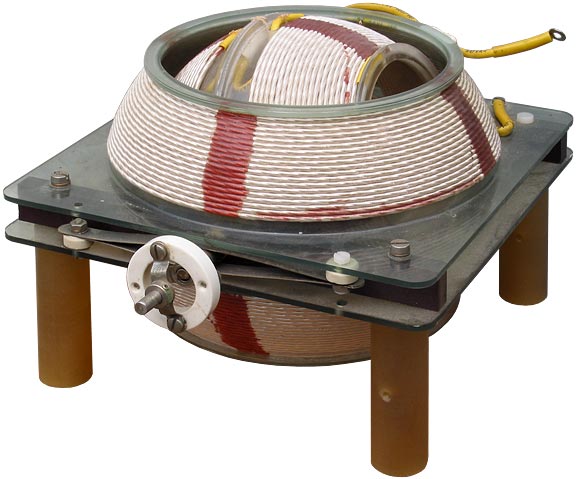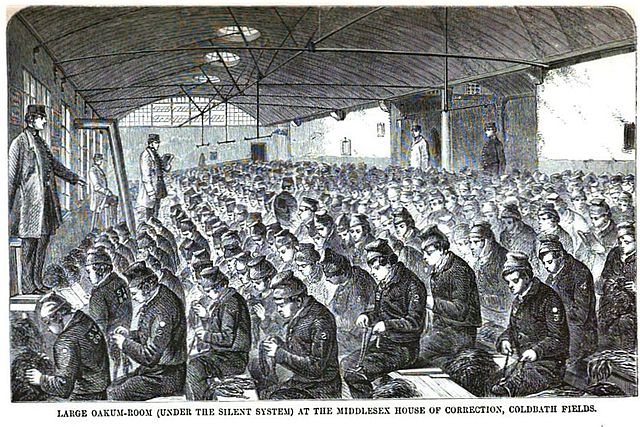GoodBoy
2[H]4U
- Joined
- Nov 29, 2004
- Messages
- 2,751
https://spectrum.ieee.org/tech-talk...le-qubits-quantum-computer-news-silicon-wafer
"A new technique for fabricating quantum bits in silicon carbide wafers could provide a scalable platform for future quantum computers. The quantum bits, to the surprise of the researchers, can even be fabricated from a commercial chip built for conventional computing."
Hope it works, we need a big breakthru in computing as Moore's Laws' demise looms...
"A new technique for fabricating quantum bits in silicon carbide wafers could provide a scalable platform for future quantum computers. The quantum bits, to the surprise of the researchers, can even be fabricated from a commercial chip built for conventional computing."
Hope it works, we need a big breakthru in computing as Moore's Laws' demise looms...
![[H]ard|Forum](/styles/hardforum/xenforo/logo_dark.png)




